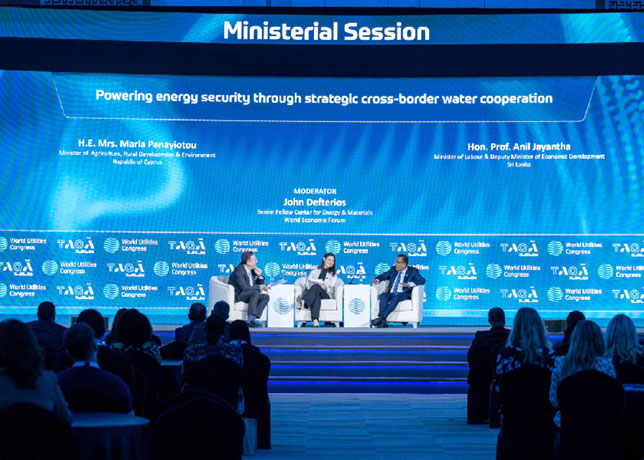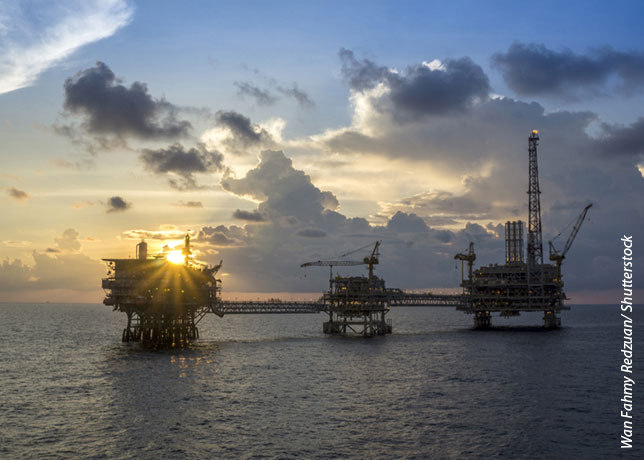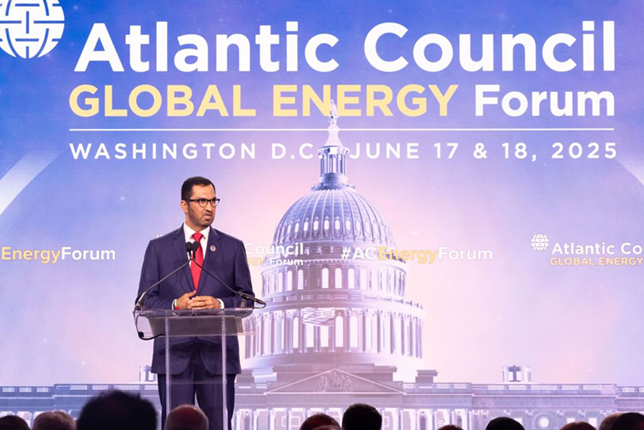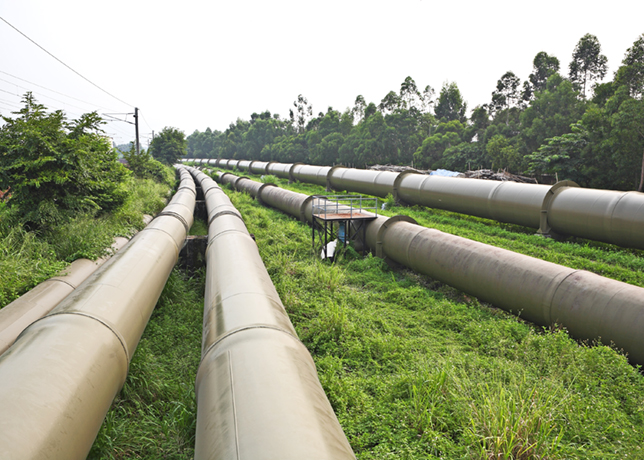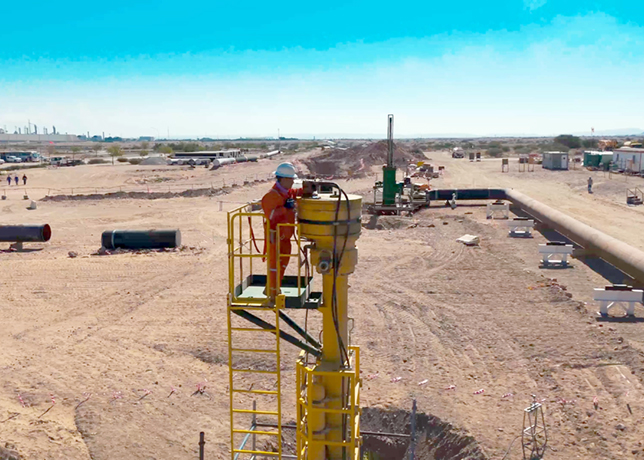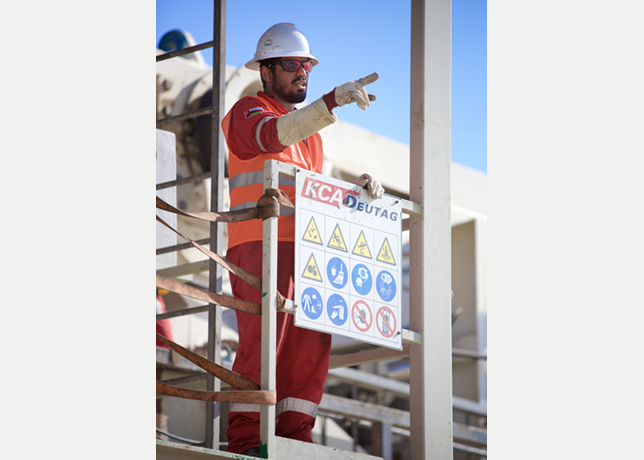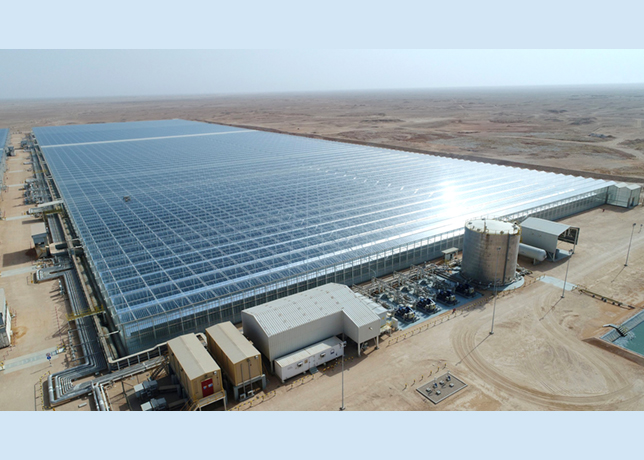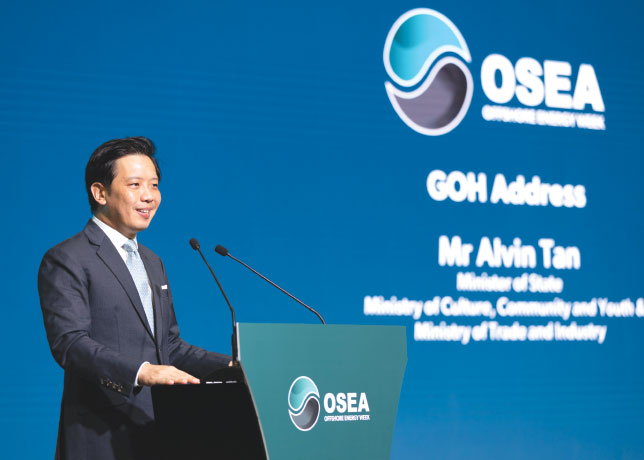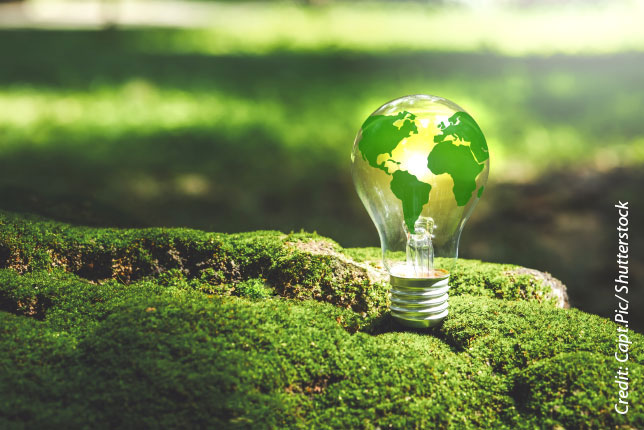
 Six countries urged tripling nuclear energy capacity by 2050
Six countries urged tripling nuclear energy capacity by 2050
At the COP29 UN climate change conference in Baku, Azerbaijan, six additional countries El Salvador, Kazakhstan, Kenya, Kosovo, Nigeria, and Turkey have joined the call to triple global nuclear energy capacity by 2050, reported World Nuclear News.
This initiative builds upon a similar endorsement from COP28, where 25 countries, including prominent nations like the USA, UK, France, and Japan, signed a Ministerial Declaration advocating for expanded nuclear energy.
The declaration emphasises that tripling nuclear capacity is essential to achieving "global net-zero greenhouse gas/carbon neutrality by or around mid-century" and maintaining a 1.5°C limit on global temperature rise.
It highlights the advantages of new nuclear technologies, including their small land footprint, compatibility with renewable energy sources, and flexibility in supporting decarbonisation beyond just the power sector.
The recent addition of six countries brings the total support for this declaration to 31 nations. Kazakhstan's Ministry of Energy articulated that its commitment to the declaration showcases the country’s dedication to sustainable development goals and its role in combating climate change.
The country views nuclear energy as a critical component of its energy strategy, aiming for carbon neutrality by 2060 while boosting the share of clean energy sources and ensuring a stable energy supply.
Sama Bilbao y León, Director General of the World Nuclear Association, welcomed the new signatories, emphasising the vital role of nuclear energy in achieving the goals of the Paris Agreement in a cost-effective manner. She noted the importance of forward-thinking leadership that prepares for future energy needs beyond 2050. This long-term commitment offers the promise of energy reliability in an increasingly uncertain world.
The World Nuclear Association’s statement underlines the growing recognition of nuclear energy's role in achieving net-zero emissions. Recently, the US Administration outlined a roadmap for deploying 200 GW of nuclear capacity by 2050. Notably, nuclear energy was recognised in a major COP decision as a crucial solution for meeting the 1.5-degree climate goal.
Support for nuclear energy is also gaining traction among financial institutions. During New York Climate Week, 14 of the world's largest banks expressed their backing for tripling global nuclear capacity. Bilbao y León pointed out that nuclear energy is now attracting investment from major technology companies, alongside increasing public support for nuclear as a solution to energy security, reliable supply, and climate change challenges.
In September 2023, the World Nuclear Association, in collaboration with the Emirates Nuclear Energy Corporation and the IAEA, launched the Net Zero Nuclear initiative. This initiative aims to foster unprecedented collaboration among governments, industry leaders, and civil society, with the Net Zero Nuclear Industry Pledge already endorsed by over 130 companies, further solidifying the global coalition behind nuclear energy expansion.










